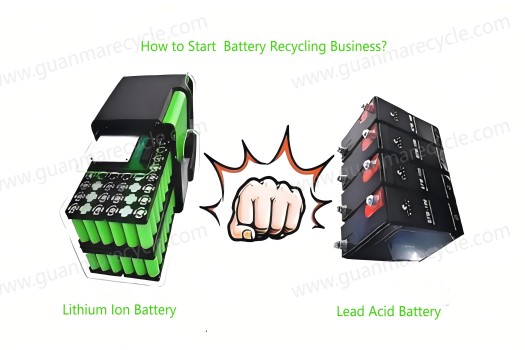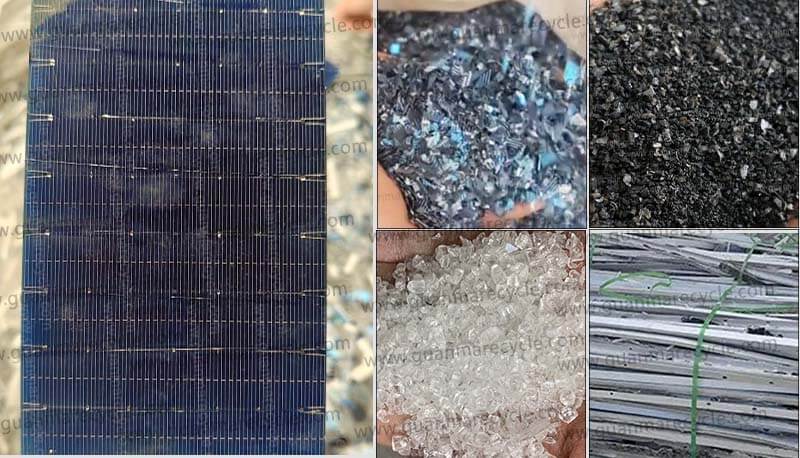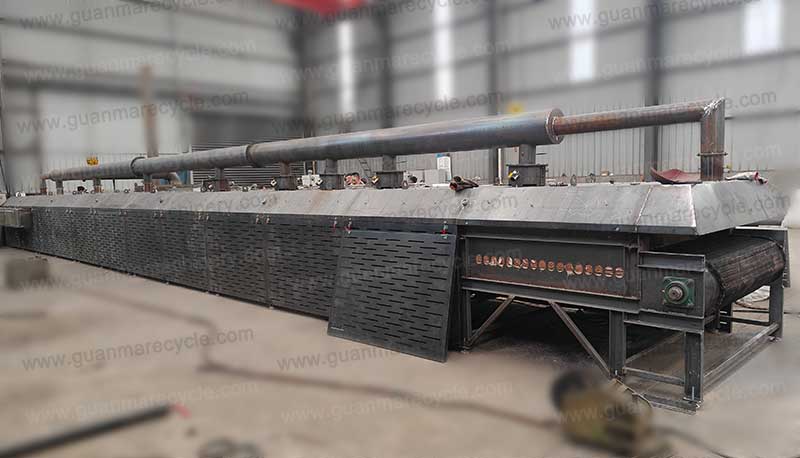With the rapid advancement of technology, the demand for lithium-ion batteries has surged, powering everything from smartphones to electric vehicles. However, the disposal of these batteries presents a significant environmental challenge. Lithium ion battery recycling hydrometallurgy offers a sustainable solution to this issue.

Advantages of hydrometallurgical battery recycling
Hydrometallurgy is a process that involves using aqueous solutions to extract metals from ores and waste materials. In the context of lithium-ion battery recycling, hydrometallurgy allows for the recovery of valuable metals like lithium, cobalt, and nickel in an efficient and environmentally friendly manner.
1. Environmental friendly
One of the key advantages of hydrometallurgical battery recycling is its ability to recover a high purity of metals. Through a series of chemical processes, lithium, cobalt, and nickel can be separated and purified, ready to be used in the production of new batteries. This not only conserves valuable resources but also reduces the need for mining, which can have detrimental effects on the environment.
2. Flexibility
Furthermore, hydrometallurgy offers flexibility in terms of the types of batteries that can be recycled. Whether it’s lithium-ion batteries from consumer electronics or larger batteries used in electric vehicles, hydrometallurgical processes can adapt to handle various battery chemistries and configurations.
3. Sustainable
From an environmental standpoint, hydrometallurgical battery recycling minimizes the generation of hazardous waste compared to traditional methods like smelting. By using aqueous solutions and optimizing chemical processes, the production of toxic byproducts is significantly reduced, making it a more sustainable option for battery recycling.
4. Economic potential
In addition to its environmental benefits, hydrometallurgical battery recycling also holds economic promise. The recovered metals can be sold back into the supply chain, providing a source of revenue for recyclers. Moreover, as the demand for lithium-ion batteries continues to grow, the recycling industry presents a lucrative opportunity for investment and innovation.
In conclusion, lithium-ion battery recycling through hydrometallurgy offers a sustainable solution to the environmental challenges posed by battery disposal. By recovering valuable metals in an efficient and environmentally friendly manner, hydrometallurgy helps conserve resources, minimize waste, and create economic opportunities. Embracing hydrometallurgical processes is crucial for building a circular economy in the battery industry and reducing our reliance on finite resources.



